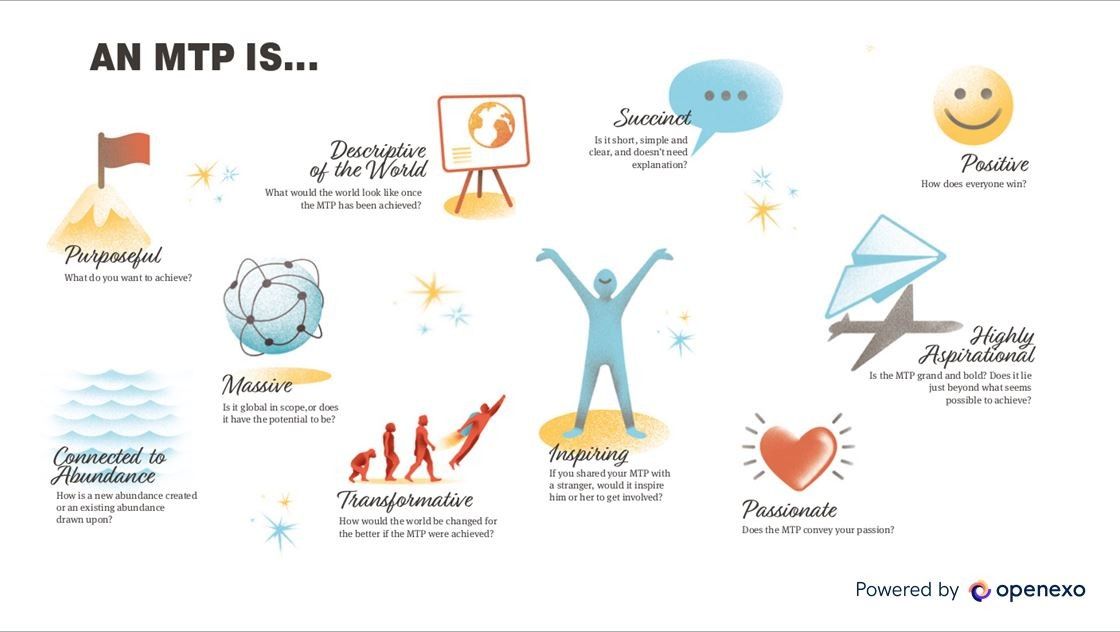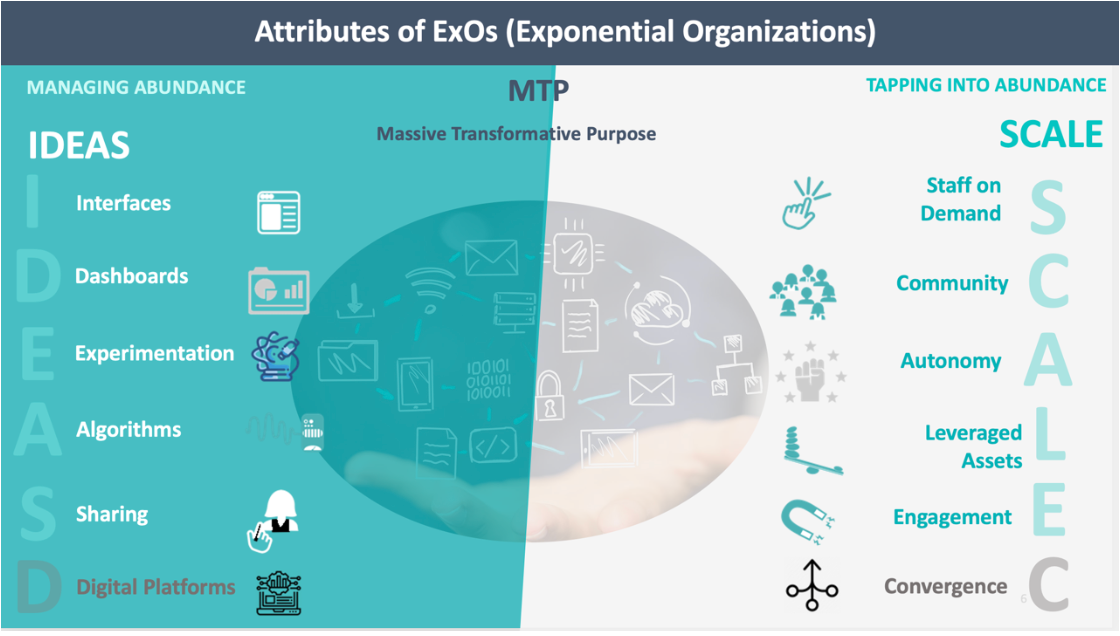Business Models

Lean, Fast, Scalable: How Your Business Should Be Paid Members Public
When developing opportunities in the company. Five key tips should be pursued that come from the world of organizations that are growing at least 10 times more than their competitors (Fortune 500).

Corporate Accelerators and Their Advantage Paid Members Public
In the digital era, technology has been democratized. A small Startup can access as much computing power as a large multinational through Amazon Web Services. Thanks to it, it has been possible to create, at great speed, essential companies for the future of all industries.

No Purpose? No Growth. No Party. Paid Members Public
We know that the failure rate of digital transformation projects can be explained by the gap between "knowledge" and "know-how." In the real world, entrepreneurs understand what strategies they need, but many of them are unable to "ground them," so they get stuck.

Are Maturity Models the Holy Grail? Paid Members Public
Maturity models are based on the idea that a set of characteristics or capabilities increases an organization’s chances of success in a particular area. Therefore, an organization that fosters these capabilities will be better positioned to succeed in a specific field.

Developing & Selecting Talent In The Right Way Paid Members Public
The study of successful companies has led to the identification of some practices that have proven to be effective in growing an organization in a structured manner. These practices will be discussed here.

Why Companies Should Start to Think About Building and Leveraging Communities Paid Members Public
Organizations that are striving to scale and generate high impact must start to leverage and build communities around their cause. If you want to scale and generate higher impact, ask yourself and reflect on the following questions ...

The (un)clear Linkage Between Purpose, Profit Maximisation, And Solving Global Challenges Paid Members Public
“Can companies generate more profit by using their money to solve social or environmental issues?” Recent studies show that purpose-driven companies outperform their competitors significantly. Employees are more than twice as productive in purpose-driven companies.







